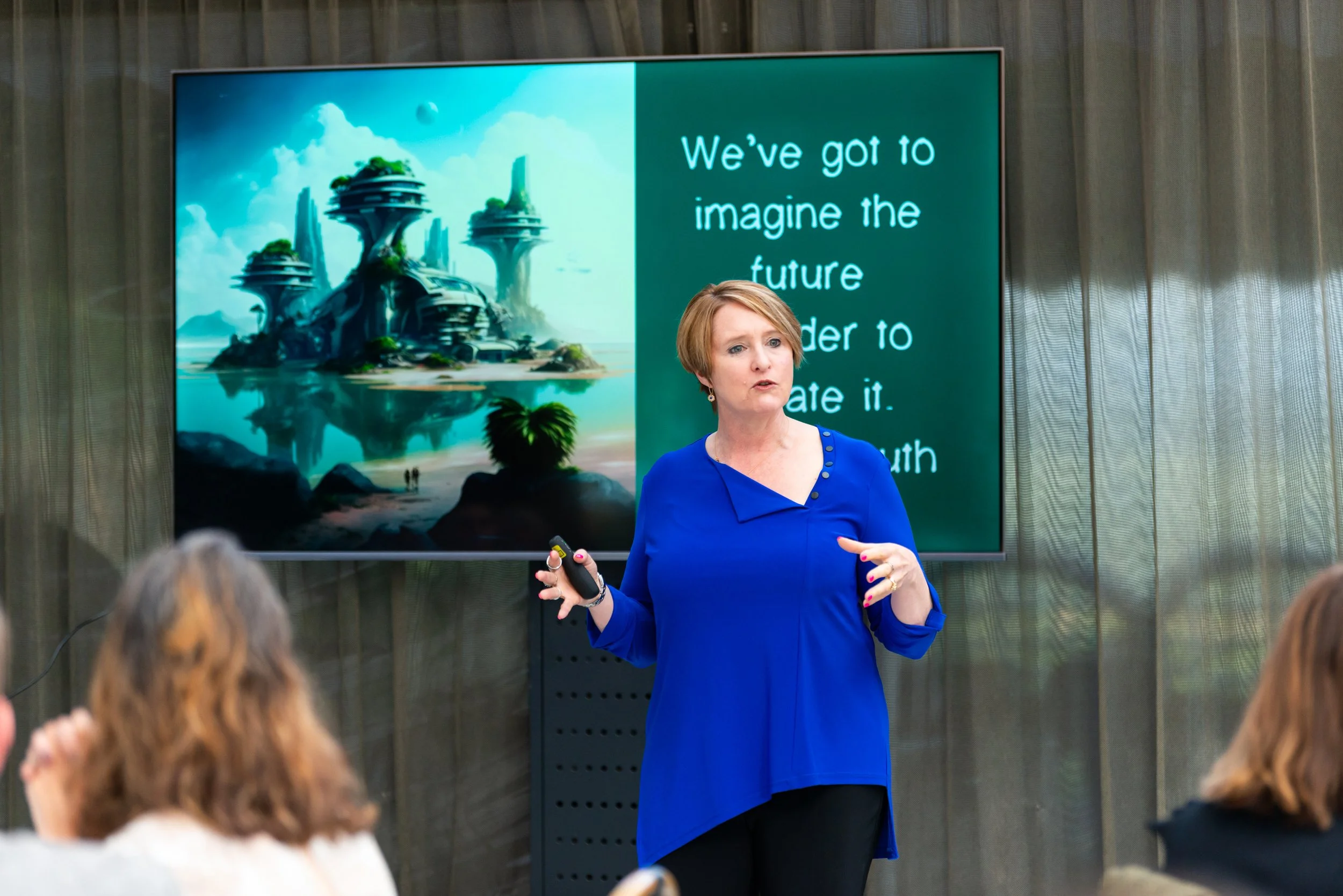The People Stuff of payrises and promotions
“You don’t deserve a promotion. Georgina is more senior than you and we value her more.”
That was not what was said. It was what I heard.
What was said was: “We’re not going to give you a payrise. We’ve assessed the situation and Georgina’s role is more senior than yours.”
This does not sound that horrible. In fact, it sounds perfectly logical.
Sounds logical, but it felt devastating. I had asked for a payrise to be on equal footing with a colleague who was working on similar, though different projects. I felt 100% convinced that I was correct in my request. I felt completely betrayed by the response. My sense of feeling under-valued spiraled into an untenable position.
Looking back on the situation now, I remember feeling like an anvil had fallen on my spirit. It was a searing white pressure that blanked my mind. I could not speak.
I simply believed the story I told myself about what had happened and surrendered to the rabid emotions the story evoked.
Leadership strategies for emotional intelligence
We cling to our stories as if they are the truth. They feel true. Feeling betrayed, feeling like a victim, feeling rage are all visceral experiences. It taps our amygdala and our survival response goes into hyperdrive.
The amygdala fires off a good wallop of cortisol and adrenaline in response to a perceived sense of loss of autonomy. The biochemicals render us temporarily cognitively impaired.
In my story, I experienced the FREEZE sensation from the amygdala’s menu of fight, flight, or freeze.
I’ve learned a lot about emotional intelligence. I’ve worked with hundreds of leaders who have both given and received painful messages. Most are given without malicious intent. Many are received differently.
As leaders, we cannot control how people receive our messages. We can focus on how we give them - are we kind and compassionate? Do we listen carefully to the response? Do we help others to feel truly heard?
And in our own response, we need to be vigorous in interrogating our perspective. Is it true? Could I be wrong? Where is the truth in their perspective? Is my emotional response useful? Is there another way to see this situation that does not make me a victim and the other a betrayer? How might I see this experience five years from now?
Advanced emotional intelligence is a practice and daily discipline. When we start to take control of our stories, we can put our emotions in the passenger seat, out of the driver’s seat.
What stories have you believed that have caused you pain? Might there be a different version?
***
Related Articles:
How do I deal with emotions in leadership?
How to avoid getting derailed in a difficult conversation
***
About the author, Canberra leadership expert Zoë Routh:
Zoë Routh is one of Australia’s leading experts on people stuff - the stuff that gets in our way of producing results, and the stuff that lights us up. She works with the growers, makers, builders to make people stuff fun and practical.
Zoë is the author of four books: Composure - How centered leaders make the biggest impact, Moments - Leadership when it matters most, Loyalty - Stop unwanted staff turnover, boost engagement, and build lifelong advocates, and People Stuff - Beyond Personalities: An advanced handbook for leadership. People Stuff was awarded Book of the Year 2020 by the Smart WFM Australian Business Book Awards.
Zoë is also the producer of The Zoë Routh Leadership Podcast.

